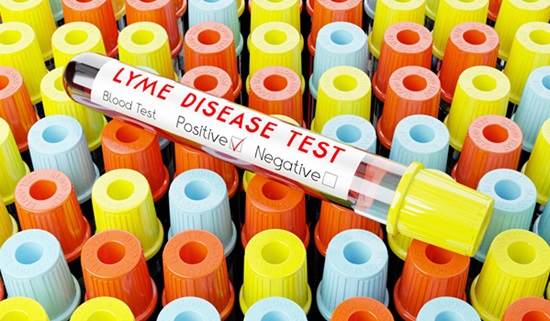Diagnostic Tool for Lyme Disease Testing Boasts Over 90% Accuracy
Posted on 23 Sep 2024
Lyme disease is on the rise globally, with an estimated 14% of the population having been infected at some point. Many of these individuals experience chronic symptoms due to delayed diagnosis. A recent study found that 38% of Lyme patients continue to suffer from symptoms six months after their initial diagnosis, highlighting the need for better testing methods. Until now, tests for Lyme disease have been less than 50% accurate, particularly in the early stages, leading to numerous cases of misdiagnosis or undiagnosed patients, resulting in prolonged suffering. Now, a new test with over 90% accuracy, capable of detecting the disease at all stages, including the crucial first 14 days post-infection, represents a potential breakthrough in Lyme disease diagnosis.
Developed through a collaboration between Tulane University (New Orleans, LA, USA) and Focus on Lyme (Phoenix, AZ, USA), the new diagnostic, LymeSeek, is enhanced by machine learning and has the potential to transform Lyme disease detection. The test's high accuracy is achieved through a combination of multiple biomarkers and a unique algorithm, providing over 90% accuracy in all phases of the disease. Unlike other tests that claim similar accuracy but rely solely on two-tier testing, LymeSeek's accuracy is based on samples from the early stages of the disease, including cases with erythema migrans (EM) rash, PCR, and/or punch biopsy results, which are often missed by current testing methods.

This patented test will enable timely and precise diagnosis of Lyme disease during its most treatable phase. The current diagnostic process for Lyme disease involves multiple steps, takes over a week, and requires subjective interpretation. LymeSeek aims to replace this lengthy procedure, facilitating earlier diagnoses and reducing the incidence of chronic illness caused by delayed or missed diagnoses. Ongoing efforts are focused on further development and manufacturing, with plans to pursue early FDA clearance, aiming to make LymeSeek available to the public by the third quarter of 2026.
Related Links:
Tulane University
Focus on Lyme














